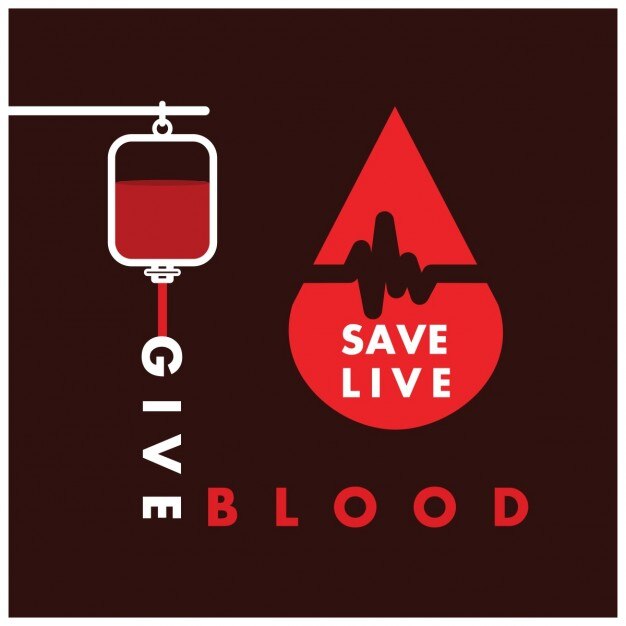10 Fascinating Facts About O Positive Blood Type

People with O positive blood type are often referred to as universal donors.
O positive blood type is the most common blood type worldwide.
O positive blood type individuals can donate their blood to anyone with a positive blood type.
O positive blood type is compatible with O positive, O negative, A positive, and B positive blood types.
O positive blood type is not compatible with AB positive or AB negative blood types.
O positive blood type individuals have a better chance of finding a compatible blood donor.
O positive blood type is associated with a lower risk of developing pancreatic cancer.
O positive blood type individuals are more prone to developing stomach ulcers.
People with O positive blood type are considered to have a stronger immune system.
O positive blood type is more common in people of African and Hispanic descent.
O positive blood type individuals are more resistant to malaria.
O positive blood type is associated with a higher risk of developing skin cancer.
O positive blood type individuals are often sought after for blood plasma donation.
O positive blood type is associated with a higher risk of developing kidney stones.
O positive blood type individuals are more likely to have a positive outcome after heart surgery.
O positive blood type is believed to have evolved from the O negative blood type.
O positive blood type individuals have a reduced risk of developing certain autoimmune diseases.
10 Fascinating Facts About O Positive Blood Type part 2
People with O positive blood type are often fast healers.
O positive blood type is more common in people with Type 2 diabetes.
O positive blood type individuals have a higher risk of developing gallstones.
O positive blood type individuals are more resistant to certain types of bacteria.
O positive blood type people tend to have a lower risk of developing certain allergies.
O positive blood type individuals often have a higher metabolism.
O positive blood type individuals are more likely to have a positive response to blood transfusions.
O positive blood type individuals have a higher risk of developing asthma.
O positive blood type is associated with a higher risk of developing stomach cancer.
O positive blood type individuals tend to have higher levels of dopamine in their brains.
O positive blood type is associated with a lower risk of developing heart disease.
People with O positive blood type are often known for their optimism and resilience.
O positive blood type individuals have a more efficient venous system.
O positive blood type is associated with a higher risk of developing high blood pressure.
O positive blood type individuals have a higher risk of developing age-related macular degeneration.
O positive blood type individuals are more prone to developing blood clots.
O positive blood type is associated with a higher risk of developing liver disease.
People with O positive blood type are often highly adaptable to different environments.
O positive blood type individuals are known to have a stronger sense of smell.
O positive blood type is associated with a higher risk of developing certain types of cancer.
People with O positive blood type tend to have a more diverse gut microbiome.
O positive blood type individuals are often more tolerant to pain.
O positive blood type is associated with a higher risk of developing celiac disease.
O positive blood type individuals often have a better response to certain medications.
O positive blood type is more common in individuals with a positive Rh factor.
People with O positive blood type are often considered more adventurous and spontaneous.
O positive blood type individuals have a higher risk of developing sleep disorders.
O positive blood type is associated with a higher risk of developing osteoporosis.

